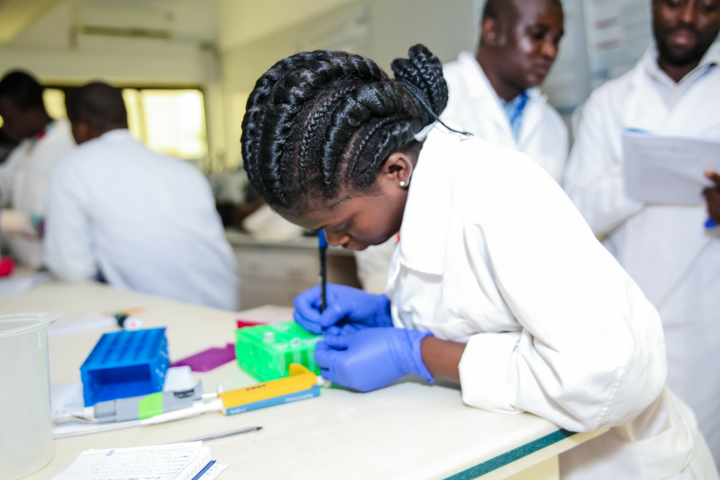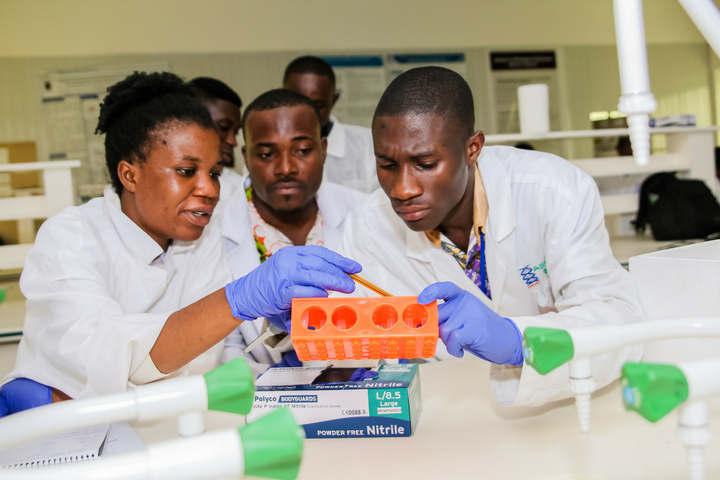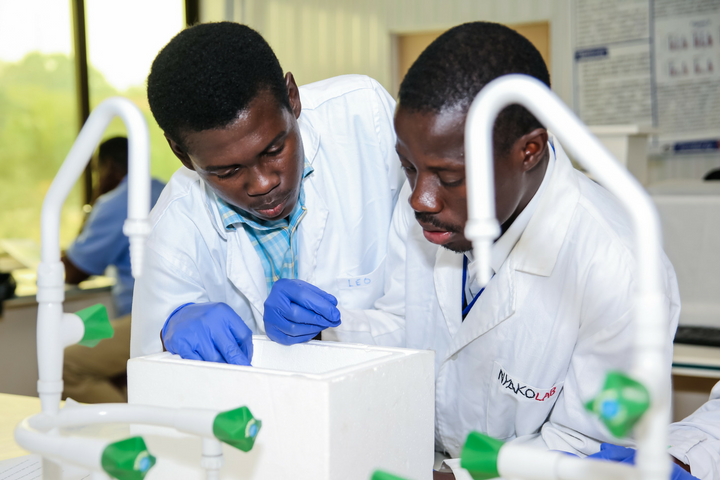Putting African researchers at the centre of the publication process
| 18 April, 2018 | Developers f1000 |

As I travel to scientific institutions across Africa and the world, whether speaking with a well-established principal investigator at a top academic institution or a student at a small college, one theme invariably arises: more than experiments gone wrong, more than funding or lack thereof, more than still wondering if your visa will come through as you make your way to the airport, more than disagreeable department chairs, more than woes of travel delays passed at an airport snack bar, the number one frustration shared by scientists the world over is publishing.
The career of every scientist is dependent on their publication record. Yet everything about the process can be challenging: how long it takes to determine if work will be reviewed. The weeks, months and occasionally years that an article can be delayed – buried within the editorial process. The sometimes-biased, gratuitous and/or conflicting nature of peer review reports that are more common when reviews are not transparent. The effort expected of researchers to contribute reviews altruistically that few will see and for which there is no public acknowledgement or credit.
Facilitate a radically better way for our scientists to communicate their research
On top of these irritants, we are subject to the tyranny of the impact factor, a metric that values research based on where it was published rather than its worth within the research community. The impact factor was not designed to measure the quality of an individual research output and in fact is a demonstrably poor measure of article impact, yet has us serially chasing one journal after another, losing time and learning nothing in the process. After all, “impact” is not a fact but a projection: a promise of a promise, as we cannot know what will prove to be more or less relevant in the future, since we “don’t know what we don’t know.”
Indeed, the struggle to publish and the exasperation felt as a consequence of the dysfunctional traditional publishing ecosystem has ended many a promising career in science and discouraged unquantifiable others from ever pursuing it in the first place. What an opportunity for change!

For these reasons, when I arrived to take the helm of the African Academy of Sciences last year, I was determined to push one of my predecessor’s priorities for the Academy: to facilitate a radically better way for our scientists to communicate their research. Doing any less risks that the very research that we fund and that our grantees dedicate their lives and careers to produce, will never benefit society – indeed, will never see the light of day.
Thus, I am delighted that this determination has resulted in the launch of AAS Open Research. The platform represents the cutting edge of science communication by offering the option to communicate research in a manner that is immediate and accessible; offers transparent peer review with reviewer contributions clearly documented, and infinite opportunity for revision.
AAS Open Research represents the cutting edge of science communication by offering the option to communicate research in a manner that is immediate and accessible
AAS Open Research covers all fields in the physical, biological and social sciences, in all forms, from traditional research articles to data notes. It is designed to serve authors and is author-driven from beginning to end, from participation in open review to copyright ownership via the CC BY 4.0 license under which all articles are published. And perhaps best of all, work will be available and citable within a week of final submission, and will be published open access, free for anyone to read.
Giving authors control and immediacy does not, however, compromise quality, which is baked into every stage of the process: first, by limiting submission to those researchers affiliated with the Academy, including all work that is funded through the AESA platform and all AAS Fellows and Affiliates. Our grant selection process means that we draw from a pool of highly-regarded researchers Continent-wide.
Second, before publication, every article is subject to ethical and technical checks for compliance with editorial policies and data availability. And third, while authors are asked to suggest reviewers who are expert in their field, all reviewer candidates are rigorously screened for scientific qualifications and conflicts-of-interest. Not least, transparent peer review has been shown in itself to raise the quality of peer review. And reviewers will sign their reviews, which become citable academic output for which they receive visibility and credit.

Moreover, our vision is to expand the AAS Open Research community to trusted partners similarly dedicated to African research on the Continent. Through such partnerships, we will enable reputable African scientists who receive support from other quality organizations to share in the benefits of truly open publishing. It is our long-term goal that AAS Open Research will be the gateway for dissemination of all valid research from and relevant to Africa.
The content of AAS Open Research at its introduction features an abundance of quality research which we hope will advance the thinking and research approaches of colleagues globally
This transformation of communication for African science has been led for the AAS by Elizabeth Marincola, the former CEO of the global open-access publisher PLOS. Together we have recruited a world-class Advisory Board, whose members represent science leadership in Africa, the next generation of African researchers, as well as a founder of open access publishing globally, and a Nobel Laureate. AAS Open Research is in good company: other platforms provided by UK-based F1000 include Wellcome Open Research from The Wellcome Trust, and, from the Bill and Melinda Gates Foundation, Gates Open Research.
The thirst for a solution of this kind has been manifest in the reception that AAS Open Research received when first announced: the editorial team was inundated with requests to submit articles even before the submission system officially opened. Thus, the content of AAS Open Research at its introduction features an abundance of quality research which we hope will advance the thinking and research approaches of colleagues globally.
I invite you to join us in transforming the communication of African science to a system that is immediate, transparent, participatory and dynamic, which serves the needs of African science and African scientists. Through this innovative method of sharing our work, we will lead the world.